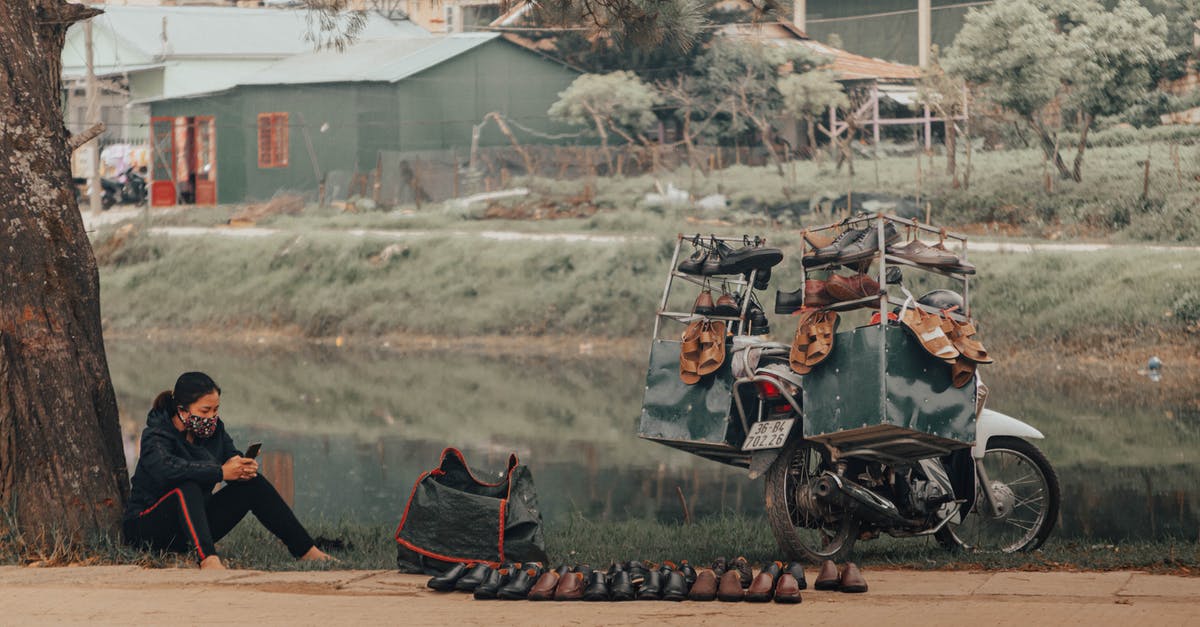Is there a good and objective resource online about Zika virus?

I am planning to travel to Brasil in the coming months. In principle I am not worried, but I've been hearing so many stories about the virus that I am not sure any more about what is going on.
As far as I know it is only serious for pregnant woman causing problems to the fetus and later when the baby is born. But I've heard in TV about possible sexual transmission and the possibility of a man (or woman) hosting the virus for some time?!
Since there is too much noise I am looking for something credible with facts. Is there such a resource?
Best Answer
It doesn't get much more impartial or authoritative than the World Health Organisation (WHO), and they keep clearly written, regularly updated pages on Zika.
For travel, I recommend their excellent Q&A document. In particular, note they don't advise against travel:
To protect against Zika virus and other mosquito-borne diseases, everyone should avoid being bitten by mosquitoes by taking the measures described above. Women who are pregnant or planning to become pregnant should follow this advice, and may also consult their local health authorities if travelling to an area with an ongoing Zika virus outbreak.
Based on available evidence, WHO is not recommending any travel or trade restrictions related to Zika virus disease. As a precautionary measure, some national governments have made public health and travel recommendations to their own populations, based on their assessments of the available evidence and local risk factors.
So the American government's advice to not travel is not endorsed by the WHO.
Their "factsheet" page is also a good place to get a level-headed take on the basics.
Then their zika homepage contains news and updates, which is useful for a disease where there are a lot of uncertainties, discoveries and new developments.
The BBC also have sensible, sober travel advice.
One thing I would suggest travelers note, is of you do get Zika and are ill in bed with a fever and joint pains - or, perhaps more importantly and more likely, you get Dengue Fever and are ill in bed with fever and horrible joint pains (my bold):
Take medicine, such as acetaminophen or paracetamol, to relieve fever and pain
Do not take aspirin, products containing aspirin, or other nonsteroidal anti-inflammatory drugs such as ibuprofen
Get lots of rest and drink plenty of liquids
Prevent additional mosquito bites to avoid spreading the disease
The latter drugs might risk haemorrhage. This is a known risk for Dengue Fever, I don't think it's proven yet for Zika (so CDC publish this advise but not yet WHO) but the two are closely related so it seems like a sound precaution.
In short - pack light long-sleeves, plenty of high quality mosquito repellant, and paracetamol.
They also address your question about sexual transmission:
It is thought the virus can persist in semen for two weeks after a man recovers from an infection.
Public Health England is taking a safety-first approach after two suspected cases of sexual transmission. The organisation says the risk of spreading the virus through sex is "very low".
But it recommends using condoms if you have a pregnant partner or one who might become pregnant.
Since ~60% of cases are asymptomatic, it's probably a sensible precaution for men with pregnant partners to use condoms during and for 2 weeks after a trip to an affected area, even if they didn't fall noticeably ill.
<self promotion> Quite a lot of people seem to like this answer I wrote on Skeptics, though the structure is a bit odd because it followed one person's specific questions and concerns. That said, that one guy's questions do seem to cover a lot of the important gaps left by the regular media.
In general, the most important things to understand are:
- For an individual, there are risks but unless you're pregnant, the risks of serious complications like Guillain-Barré are lower than the risk of serious complications for more established diseases like Dengue. Most people who get Zika have no symptoms at all. I'd much rather get Zika than Dengue or West Nile (unless I was pregnant)
- Zika's scary from a public health point of view. It spreads very, very quickly among non-Asian populations (good immunity seems common in Asia, it's the Asian strain of the disease), and since so many people's cases are asymptomatic, mild, or mistakable for things like flu, it's almost impossible to track where it's reached or where it'll appear next - until suddenly babies with small heads start getting born and small numbers of people suffer potentially serious/fatal autoimmune complications. You can't just snuff it out with a track and trace program like the ones that (almost) beat Ebola. This is why public health authorities are so concerned about it: it's hard to control, and in rare cases, is terrible. But most individuals who get it don't even realise they had it.
It's also very medically unusual - no-one understands why it causes the conditions it causes - so the authorities are being understandably extremely cautious.
Basically, don't panic, but be aware, and be careful to avoid mosquito bites (which of course you should be anyway, because of dengue fever and the non-100% effectiveness of anti-malarials).
Pictures about "Is there a good and objective resource online about Zika virus?"



Why is it important to know about Zika virus?
Complications of Zika virus diseaseZika virus infection during pregnancy is a cause of microcephaly and other congenital abnormalities in the developing fetus and newborn. Zika infection in pregnancy also results in pregnancy complications such as fetal loss, stillbirth, and preterm birth.What is the most efficient way to prevent Zika virus disease?
How can Zika be prevented? The best protection from Zika virus is preventing mosquito bites indoors and outdoors, especially from sunrise to sunset when mosquitos are most active. Such measures include: Use mosquito repellent in accordance with the instructions indicated on the product label.What are scientists learning about the Zika virus?
There is evidence that at least some babies born with microcephaly were infected with Zika virus. This development prompted CDC to issue travel notices and interim recommendations for women who were pregnant or thinking of becoming pregnant and traveling from the United States to countries in South and Central America.What are activities that attempt to prevent Zika disease related complications?
What You Can Do- Protect Yourself and Others. Prevent mosquito bites, plan for travel, protect during sex, and more.
- Prevent Mosquito Bites. The best way to prevent Zika is to protect yourself from mosquito bites.
- Protect Yourself During Sex. ...
- Plan for Travel. ...
- Men and Zika.
Zika Virus: Explained
Sources: Stack Exchange - This article follows the attribution requirements of Stack Exchange and is licensed under CC BY-SA 3.0.
Images: Julia M Cameron, Ketut Subiyanto, Trungtuyen Cao, Miguel Á. Padriñán
